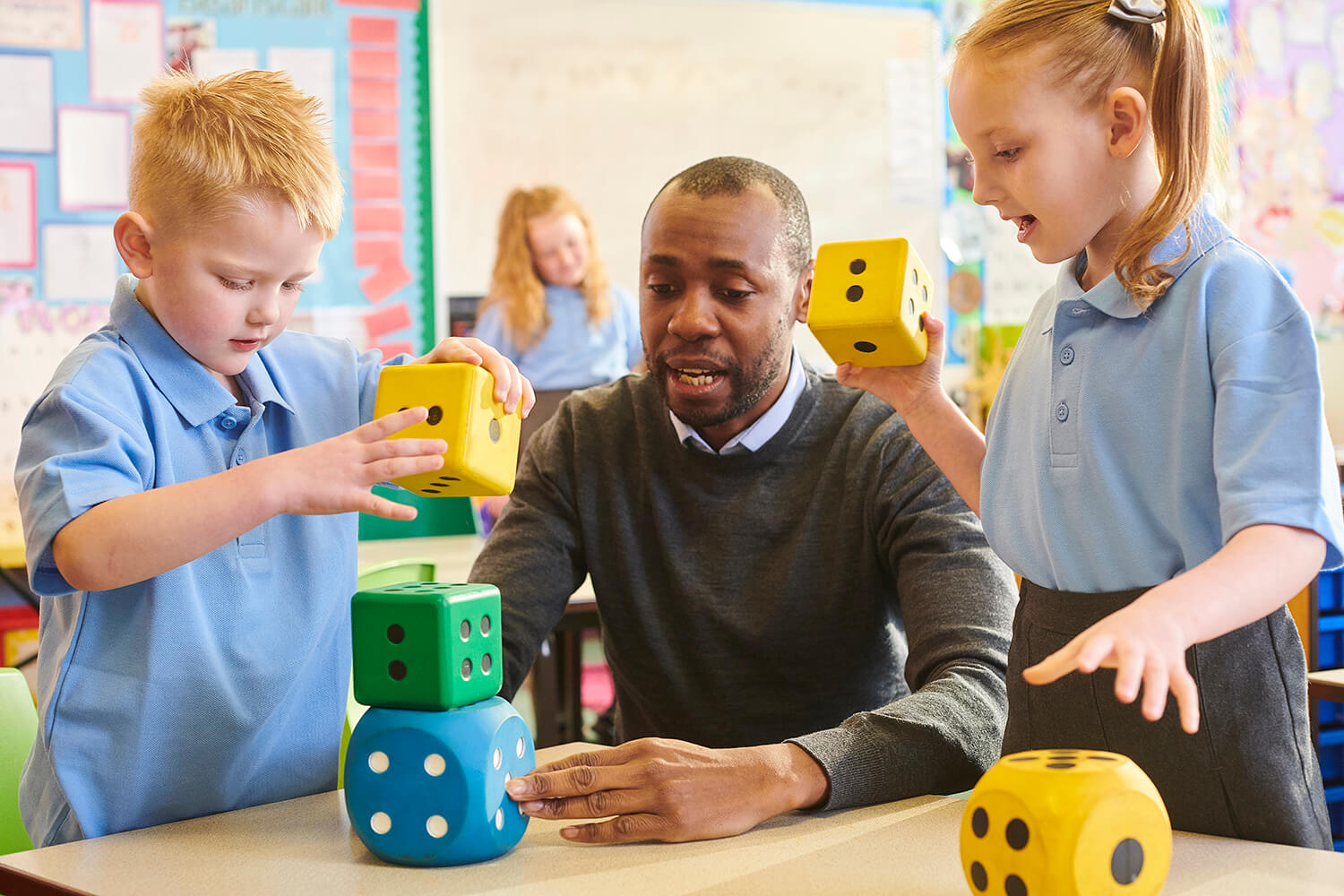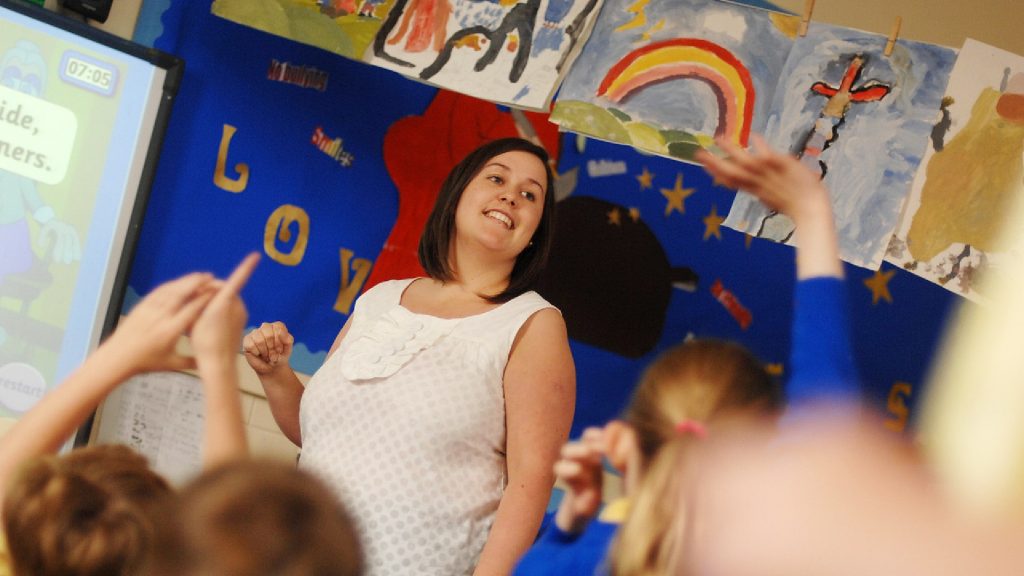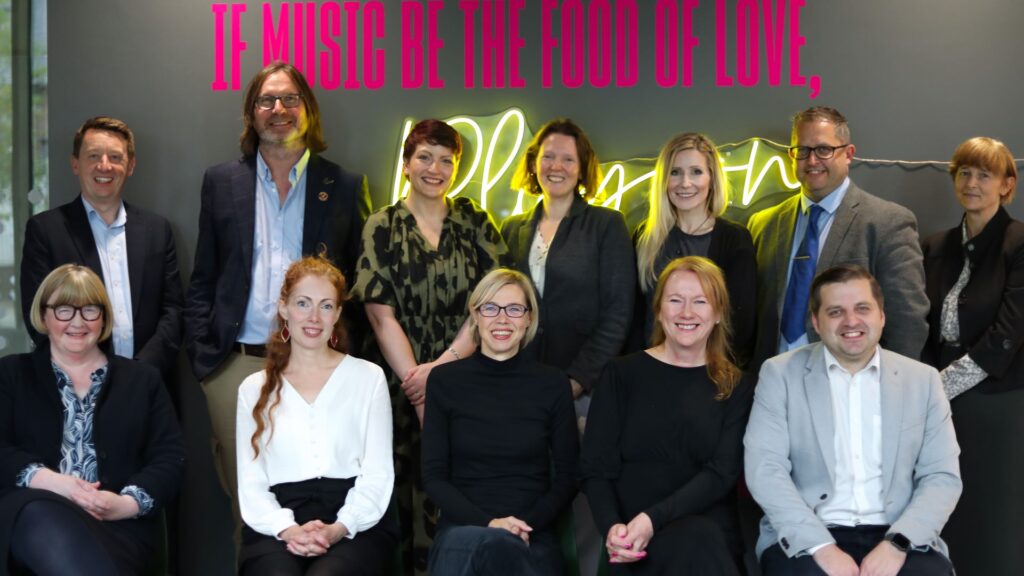
“I never teach my pupils, I only attempt to provide the conditions in which they can learn.”
Albert Einstein
Putting teaching theory into practice is how our students develop their craft. Taking what they’ve been taught in lecture theatres and seminar rooms into the classroom and workplace is what turns trainee teachers into actual teachers. Which is why we have developed partnerships with over 2,000 providers of education, providing opportunities – placements – for students to walk the walk. If that sounds like sink or swim, though, it’s really not. We want our students to flourish, so we mentor and support students throughout the process, reflecting on successes and failures in order to make the changes that transform you into good educators.
“During a placement, students become part of the staff in a school, and are treated the same as other staff members. At first it can be a little daunting, being in a new environment and knowing that you will have real responsibility, supporting the learning of pupils. However, students have a lot of support in schools, from their allocated mentor and from other teachers.”
Lorraine Partington, Edge Hill’s head of partnership development
What does Postgraduate Teacher Training experience involve?
While on placement in settings, our students follow a typical week. They work Monday to Friday, and follow school policies. Students are expected to access all the information they will need prior to placement, so that they can integrate into the school community.
“Placements generally last several weeks, which may seem like a long time, but most students find their placements the most enjoyable part of their teacher training course, they’re initially allocated tasks to observe best teaching practice, see routines in practice, and encouraged to constantly ask questions.”
Lorraine Partington, Edge Hill’s head of partnership development
In addition to teaching responsibilities, students can be attached to a nursery setting, a class in a primary school, or a form in a secondary school. They can be expected to support the teacher with pastoral duties, such as monitoring the attendance and wellbeing of the pupils. To begin with they may be asked to work with small groups or support children on a 1-2-1 basis.
Trainee teachers become familiar with school routines, the school values, and policies such as behaviour and reward policies. They are never alone, though, and the designated mentor is a key element of the trainee’s support system. Mentors help our students build confidence and ability, meeting regularly, providing regular and constructive feedback, gauging when they are able and confident to take part of a lesson or attempt some team teaching with the class teacher. Mentors and trainees are supported by a phase specific ITE curriculum (in Secondary and FE this would be subject specific) which ensures progress is made in a sequential manner and provides opportunities for feedback and development.
Core skills, like lesson planning, can be tough at first, so mentors are always there to provide support with this. Mentors will check over lesson plans, or provide ideas and example lessons. In addition to the weekly mentor meeting which is structured around our ITE curriculum, there are many informal conversations throughout the week to direct the trainee’s progress, or simply to listen to the students thoughts and questions.
Student views on Postgraduate Teacher Training experience
“My first placement was at my old primary school – it was lovely to go back, but it felt a bit strange sitting next to my old Year 5 teacher in the staff room. I’ve had placements in schools in disadvantaged areas as well as in more affluent areas, and it’s been so interesting to see the different attitudes to learning and teaching, and the way you have to adapt your teaching in different settings.“
“My placements have been the most memorable and enjoyable part of my degree. I worked with three incredible schools and was blessed with amazing mentors that really guided me and gave me life long advice that I still use to this day. Don’t get me wrong, placements can be tough at times… but I wouldn’t change it for the world.”
“Edge Hill provides absolutely amazing placements. With a vast number of schools, they have the facility to provide the perfect placement for you. There’s also the opportunity for you to partake in distant placements in the Isle of Man or Cumbria or to have a placement in Special Educational Needs school. Placements at Edge Hill really are brilliant by putting the student’s development needs at the heart of everything”
But how do Postgraduate Teacher Training students travel from sitting in the lecture hall one minute to delivering a lesson to 30 expectant pupils the next? How do trainees find the right place for them? As a leading teacher training provider Edge Hill has an established – and growing – network of partners in the education sector, which means we are able to offer students a wide variety of teaching experiences. What’s best for the student is key, and if possible, we will accommodate specific placement requests.
Trainee teachers focus on working towards meeting the professional Teachers’ Standards, which determine recommendation for QTS. Our FE provision enables trainees to work towards eligibility for their QTLS once they are in post. They are supported by their university Link Tutor and setting-based expert mentor to evidence progress through their ITE curriculum enabling them to be recommended for QTS (or eligibility towards QTLS) at the end of their teacher training. For many, including placement partners such as Ballakermeen High School on the Isle of Man, these experiences also represent real career opportunities:
“We’re always delighted to receive trainee teachers from Edge Hill and many of them will be offered posts at the end of their placements. We like to ‘talent spot’ trainees, and even if we don’t have a vacant post, we’ll share details with other schools.”
Mrs Burnett, Headteacher

Echoing Einstein’s philosophy, placements are the stepping stones to a successful career, but it’s your effort and dedication that will ultimately get you there.
More useful resources:
January 8, 2024


